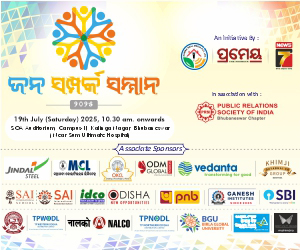National policy needed to address problems of terrorism and Naxalism

Arun Joshi On Thursday evening as the news of the CRPF COBRA commando Rakeshwar Singh Manhas flashed on TV screens , his family living in Jammu’s suburbs Barnai, screamed with joy , as it was natural for them for they had spent five days winging between hope and despair, but there was a larger message. Jammu and Kashmir that has seen Pakistan sponsored terrorism for the past over three decades and witnessed tragedies of momentous proportions also reflected more seriously on the problems elsewhere in the country. Rakeshwar Singh’s captivity and subsequent release by Naxals might have given some idea to the problems prevailing in Naxal-hit states in the country – that there are groups that kill soldiers, and that there is something that has resulted in the crises where guns seek to settle the issue. The difference may be that of the make of the guns and the men pulling the trigger, but the violence points out that there is a big problem of the. National consensus, how to deal with these issues. Until Rakeshwar Singh was taken hostage by the Naxals in Bastar area of Chhattisgarh , where 22 CRPF men were killed in an operation and hostage situation , Jammu and Kashmir had never attempted to understand what kind of troubles are prevalent there, nor do they have much idea how the things lack smoothness in North-East. Jammu, is now conscious of some of these troubles. All this necessitates that a national strategy be evolved in which all the trouble spots, the trigger behind them, and how these are sustaining and causing deep trouble for the nation and its international image to do the course correction. It is true that some of the foreign powers are involved in causing troubles in India .As when troubles in Kashmir are spoken of, Pakistan and its role come t light. In fact, it has been stated by military and the political leadership that Pakistan is the main culprit in instigating and sustaining terrorism in Kashmir, which by rough estimates has taken more than 50,000 lives and left at least half -a million people have been displaced. Former Prime Minister Manmohan Singh in 2006 had suggested that this problem needs to be addressed through internal and external dimensions. His idea was that the internal issues concerning the people of Jammu and Kashmir, including the return of Kashmiri Pandits to the Valley, giving hope and promise to the bulging population of the unemployed, and utilization of the natural resources could be addressed internally. The rest of the problems could be solved by involving Pakistan into a sustainable dialogue. Had this thing been pursued with all sincerity within the country, the ways to address the Kashmir problem could have become an ideal template to address the issues elsewhere, including the Naxal-hit areas. It is illogical to suggest that the problems in J&K or elsewhere can be solved forever by the use of forces – the use of forces against insurgents, Naxals and other sections of restive populations had pitfalls. That became evident when 22 CRPF jawans were killed in Bastar on April 3. Kashmir has seen so many killings. Of course, terrorists have suffered so many casualties, but the forces ‘ casualties too are worrying . It is time when the government should frame a national security policy instead of doing things in bits and pieces. About the Author: {"align":"right","id":78114} Arun Joshi is a senior journalist based in J&K. He has worked with Hindustan Times, Times of India, Indian Express and The Tribune. He has authored “ Eyewitness Kashmir: Teetering on Nuclear War” and three other books. wp:separator /wp:separator DISCLAIMER This is the personal opinion of the author. The views expressed in this write up have nothing to do with the www.prameyanews.com
Latest News
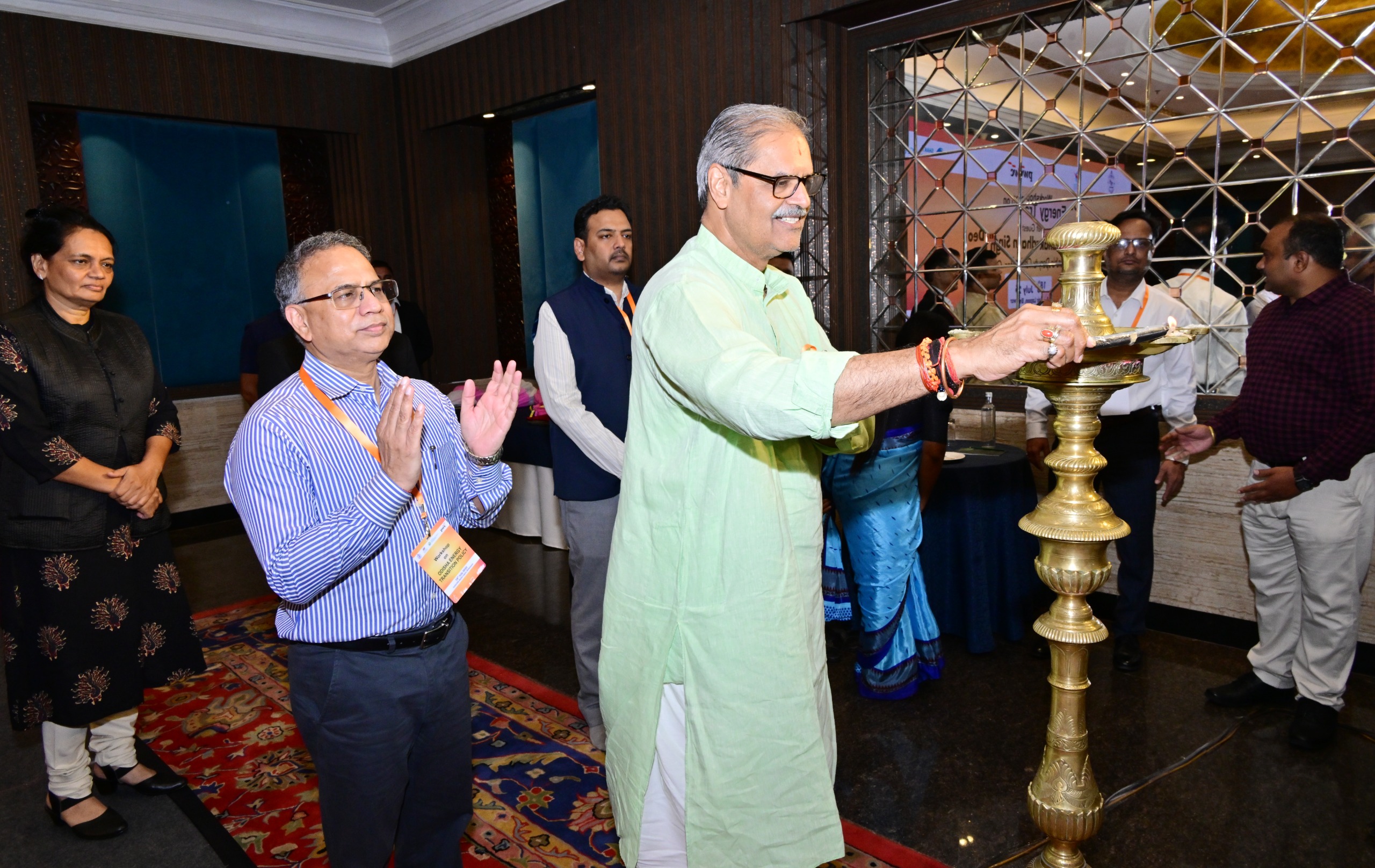
Odisha Energy transition: Odisha leads the way...

Odisha: 20-year girl dies in self-immolation

Orissa High Court extends interim protection o...
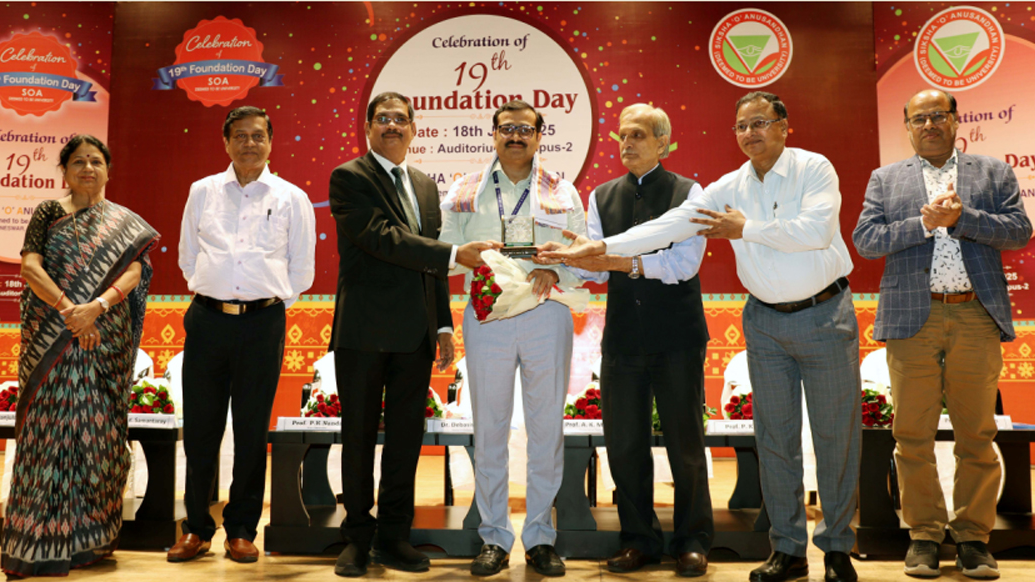
SOA turns 19, aims to contribute more to the s...
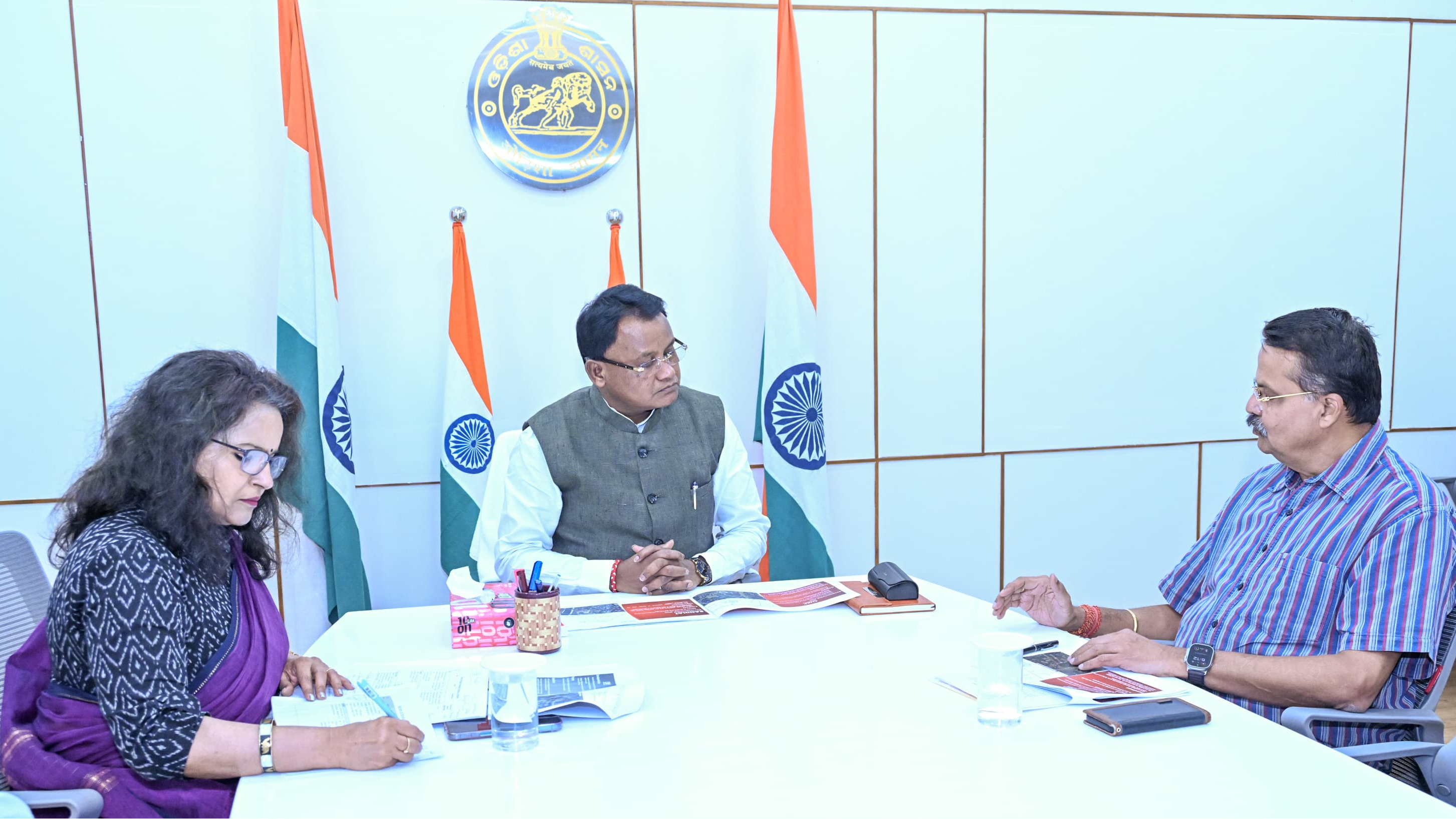
Cuttack MP Mahtab meets CM Majhi to push key d...

Lady AYUSH Doctor’s suspicious death in Sundar...
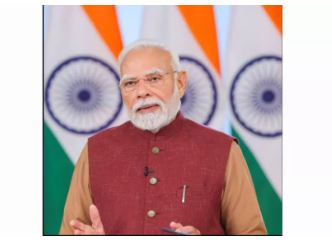
PM Modi initiates projects worth over Rs 5,400...
Copyright © 2024 - Summa Real Media Private Limited. All Rights Reserved.










